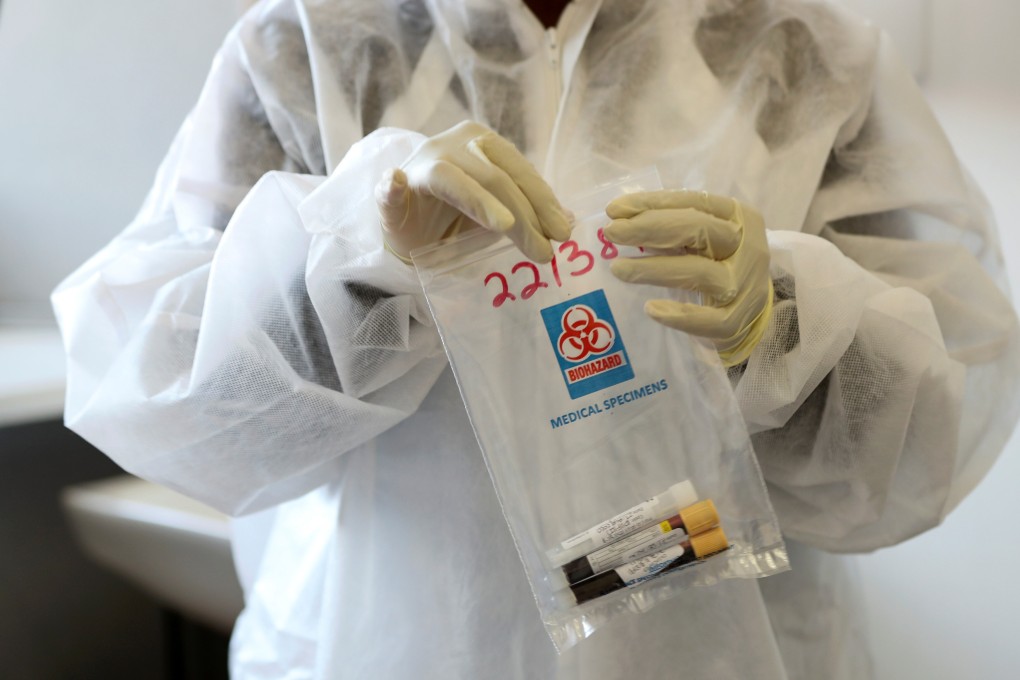Coronavirus: illness that halted AstraZeneca vaccine trial unlikely to be linked to shot, Oxford says
- Safety questions raised after volunteers developed unexplained neurological symptoms including limb weakness or ‘changed sensation’
- Trials have resumed in some countries, though study remains on hold in US pending investigation

Symptoms that prompted the University of Oxford and partner AstraZeneca to pause trials evaluating their experimental coronavirus vaccine probably were not related to the shot itself, according to documents sent to participants.
Safety reviews were carried out when volunteers in the Oxford study developed unexplained neurological symptoms including limb weakness or “changed sensation”, a participant information sheet posted online by Oxford shows.
“After independent review, these illnesses were either considered unlikely to be associated with the vaccine or there was insufficient evidence to say for certain that the illnesses were or were not related to the vaccine,” the letter reads.
“In each of these cases, after considering the information, the independent reviewers recommended that vaccinations should continue.”

06:17
‘Robust immune responses’ found in Covid-19 vaccine clinical trials point to 2021 release
The details shed more light on an episode reported last week in the British trial and the safety data that triggered the halt.